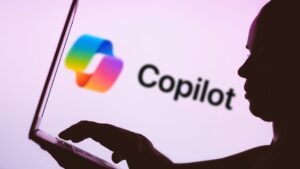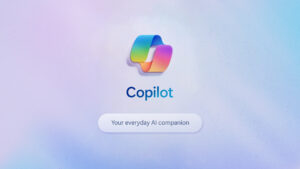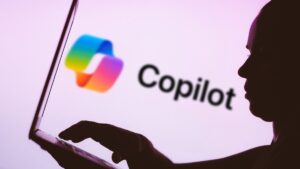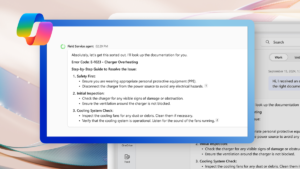Microsoft, Please Show Restraint with Copilot – A Perspective

The Impact of AI Tools on Human Creativity
Introduction to AI Tools
With the rise of artificial intelligence (AI), many tools have emerged, promising to simplify tasks and enhance productivity. However, the reality is much more complex. For instance, AI systems like Microsoft’s Copilot may seem helpful at first glance, but they can undermine our creative processes and reduce our capacity for original thought.
Comparing AI Tools to Traditional Utilities
Many people liken current AI tools to calculators and dictionaries, suggesting they’re simply modern conveniences. However, this comparison is misleading. Traditional tools required conscious input; you needed to choose to use a dictionary or a thesaurus. In contrast, AI assistants like Copilot are always in the background, frequently interrupting our workflow.
The Subtle Threat to Originality
When an AI tool constantly suggests changes or improvements, it raises questions about our originality. Instead of enhancing our skills, these tools might lead us to rely more heavily on them. This reliance can eventually erode our ability to create independently. If we become accustomed to having AI do our thinking and writing for us, we may struggle to express our ideas without their assistance.
The Erosion of Skills in the Age of AI
AI tools are often marketed as labor-saving innovations that can enhance productivity. However, they also pose a risk: they can diminish our essential skills. For example, creating a well-designed presentation used to be a skill developed over time through practice. Now, it can be accomplished with mere prompts from AI, which can ultimately lead to a lack of proficiency in these areas.
Writing Skills and AI
Consider the writing process. If an AI can summarize a research paper or generate an improved sentence at the press of a button, it can provoke doubt regarding our writing abilities. If we continually rely on hints and suggestions, it might encourage us to bypass the writing process altogether. We may prefer to dictate our thoughts instead of crafting them ourselves, leading to a decline in our writing skills.
The Illusion of Improvement
Some argue that AI tools help users improve their skills, similar to how spellcheckers can assist with spelling. However, this claim has limitations. Relying on features like red squiggly lines in word processors can foster laziness. If we know that errors can be corrected easily, we might be less inclined to focus on our learning.
The Invasion of AI in Creative Spaces
AI tools such as Microsoft’s Copilot can invade our creative space uninvited, making it easy to relinquish the desire to enhance our skills. While tools like Google Search still require proactive input, AI-driven suggestions are more intrusive. This hindered autonomy could stifle human effort and creativity over time.
The Uniformity of AI-Generated Content
As we become accustomed to AI-generated solutions, our outputs risk becoming homogenized. By relying on similar tools, we may find that our presentations look alike, and our writing feels repetitive. The use of AI can lead to a convergence toward the lowest common denominator, influenced by the limitations of what the technology offers.
The Writer’s Perspective
Reflecting on the writing process, one might ask if AI would enhance the quality of a piece like this one. Certainly, AI could identify flaws or suggest improvements. However, the lingering question is whether such reliance fosters true growth as a writer. Relying excessively on any tool, be it a calculator for simple math or AI for creative tasks, can lead to a detrimental relationship with our developing skill sets.
Navigating the Future with AI
While AI tools have the potential to assist us, there’s a need for caution. Companies should tread carefully when integrating AI into our daily lives, considering its implications for human creativity. The benefits may predominantly accrue to shareholders and profit-driven motives, while creating a cost borne by society as a whole.
In an era where AI influences creativity and communication, it is crucial to remain aware of our dependence. Understanding the potential impacts of these tools can guide us in maintaining our originality and creativity in an increasingly automated world.






